The China Factor: Analyzing The Automotive Challenges Faced By BMW And Porsche
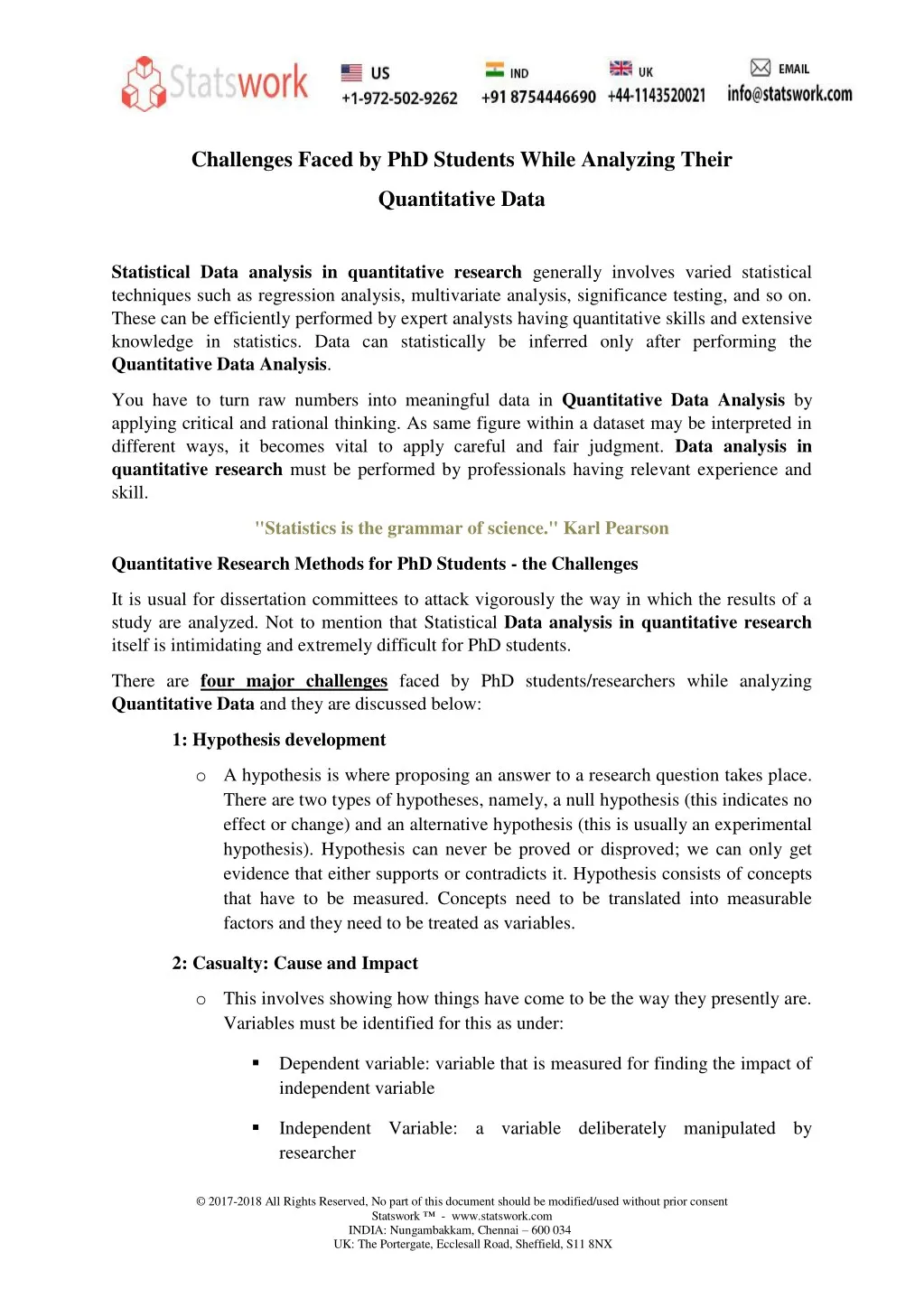
Table of Contents
Intense Competition and Local Players
The Chinese automotive market is fiercely competitive, a battleground where established international players clash with rapidly ascending domestic brands. This intense competition significantly impacts BMW and Porsche's strategies. The rise of strong domestic electric vehicle (EV) brands is a prime example of this challenge.
-
Rise of strong domestic EV brands like BYD, Nio, and Xpeng: These companies are not only producing high-quality electric vehicles but are also leveraging cutting-edge technology and innovative business models, often at competitive price points. Their success is fueled by government support and a growing consumer preference for homegrown brands.
-
Aggressive pricing strategies from local manufacturers: Domestic brands often employ aggressive pricing strategies, undercutting international competitors and capturing significant market share, particularly in the rapidly expanding EV segment of the China automotive market.
-
Government support for domestic automakers: The Chinese government actively promotes its domestic auto industry through subsidies, tax breaks, and favorable regulations, giving local brands a significant competitive advantage.
-
Increasing consumer preference for homegrown brands: A growing sense of national pride and a desire to support local industries are driving increased consumer preference for Chinese-made vehicles, especially amongst younger buyers.
BMW and Porsche must develop sophisticated strategies to counter these competitive pressures, including focusing on differentiation through technological advancement, luxury branding, and superior customer service. Simply relying on brand reputation alone is no longer sufficient in the dynamic China automotive market.
Navigating Regulatory Hurdles and Government Policies
China's automotive industry is heavily regulated, presenting significant hurdles for international automakers like BMW and Porsche. Understanding and adapting to these regulations is crucial for operational efficiency and profitability.
-
Stricter emission regulations pushing for electric vehicle adoption: China is aggressively pushing for the adoption of electric vehicles (EVs) through stringent emission standards and supportive policies, requiring significant investment in EV technology and infrastructure.
-
Complex approval processes for new models and technologies: Navigating the bureaucratic complexities of obtaining approvals for new models and technologies can be time-consuming and costly, delaying market entry and potentially impacting profitability.
-
Fluctuations in import duties and tariffs impacting profitability: Changes in import duties and tariffs can significantly affect the profitability of importing and selling vehicles in China. This requires continuous monitoring and adaptation of pricing strategies.
-
Data localization and cybersecurity regulations: Increasingly stringent data localization and cybersecurity regulations necessitate significant investments in compliance and data management infrastructure.
Successfully navigating these regulatory hurdles requires proactive engagement with Chinese authorities, a thorough understanding of the legal framework, and robust compliance programs. The impact of non-compliance can be severe, leading to fines, delays, and reputational damage.
Understanding Chinese Consumer Preferences and Cultural Nuances
Catering to the unique preferences and cultural nuances of Chinese consumers is paramount for success in the Chinese market. BMW and Porsche must go beyond simply offering high-quality products and engage with the market on a deeper level.
-
Growing demand for electric vehicles (EVs) and hybrid vehicles: The Chinese market demonstrates a strong preference for environmentally friendly vehicles, driving the demand for EVs and hybrids.
-
Preference for technologically advanced features and personalized experiences: Chinese consumers value advanced technological features, personalized experiences, and connected car technology.
-
Importance of brand image and social status: Owning a luxury vehicle often carries significant social status in China, making brand image and prestige key factors in purchasing decisions.
-
The role of digital marketing and social media: Digital marketing and social media platforms play a crucial role in reaching and engaging with Chinese consumers.
BMW and Porsche are adapting by offering tailored product features, leveraging digital marketing strategies, and emphasizing brand storytelling that resonates with Chinese cultural values. Understanding these nuances is key to crafting successful marketing campaigns and product development strategies.
Supply Chain Disruptions and Manufacturing Challenges
Global supply chain disruptions, particularly exacerbated by geopolitical factors, pose significant challenges to automotive manufacturing in China. These disruptions impact production, increase costs, and demand agile and resilient supply chain management.
-
Impact of semiconductor shortages on production: The global semiconductor shortage continues to affect vehicle production in China, leading to delays and production constraints.
-
Challenges in securing raw materials and components: Securing the necessary raw materials and components can be challenging due to global supply chain complexities and geopolitical uncertainties.
-
Logistics bottlenecks and transportation disruptions: Logistics bottlenecks and transportation disruptions can further exacerbate supply chain challenges, leading to production delays and increased costs.
-
The need for robust and resilient supply chains: To mitigate these risks, automakers need to diversify their sourcing, optimize logistics, and build more resilient supply chains.
BMW and Porsche are actively working to mitigate these risks through diversification of suppliers, investment in local sourcing, and enhanced logistics management. Building robust and adaptable supply chains is vital for ensuring continuous production and meeting market demands.
Strategies for Success in the Chinese Market
To overcome the challenges and capitalize on the opportunities presented by the China Factor, BMW and Porsche have implemented various strategies:
-
Local partnerships and joint ventures: Collaborating with local partners provides access to valuable expertise, distribution networks, and regulatory knowledge.
-
Investing in local R&D and manufacturing facilities: Establishing local R&D and manufacturing facilities demonstrates commitment to the Chinese market and allows for faster response to changing consumer preferences.
-
Developing tailored products and marketing campaigns for the Chinese market: Offering products and marketing campaigns specifically tailored to Chinese consumer preferences is essential for resonating with the local market.
-
Leveraging digital technologies and e-commerce platforms: Utilizing digital technologies and e-commerce platforms enables efficient reach to consumers and enhanced customer engagement.
These strategies highlight the importance of localization, understanding consumer preferences, and investing in local capabilities. Continuous adaptation and innovation are essential for sustained success in the competitive Chinese automotive market.
Conclusion
The “China Factor” presents both formidable challenges and immense potential for luxury automotive brands like BMW and Porsche. Successfully navigating the intense competition, regulatory hurdles, and unique consumer preferences requires a nuanced understanding of the market and a commitment to adapting strategies accordingly. By focusing on localization, technological innovation, and building strong relationships with Chinese consumers, these brands can continue to thrive in this crucial market. To stay ahead in this dynamic landscape, understanding and effectively addressing the China Factor is paramount for long-term success. Learn more about the complexities of the China Factor and how global automakers are adapting by exploring further resources on this topic.

Featured Posts
-
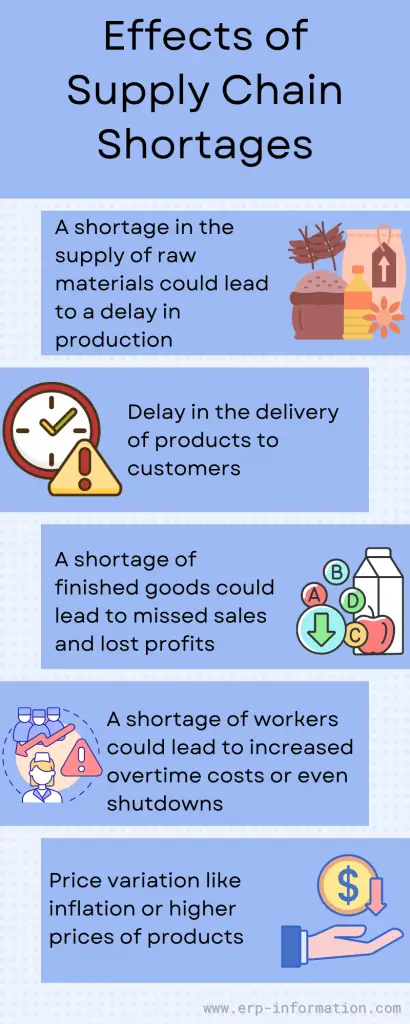 Gpu Market Update High Prices And Supply Shortages
Apr 28, 2025
Gpu Market Update High Prices And Supply Shortages
Apr 28, 2025 -
 Individual Investors Market Opportunity When Professionals Sell
Apr 28, 2025
Individual Investors Market Opportunity When Professionals Sell
Apr 28, 2025 -
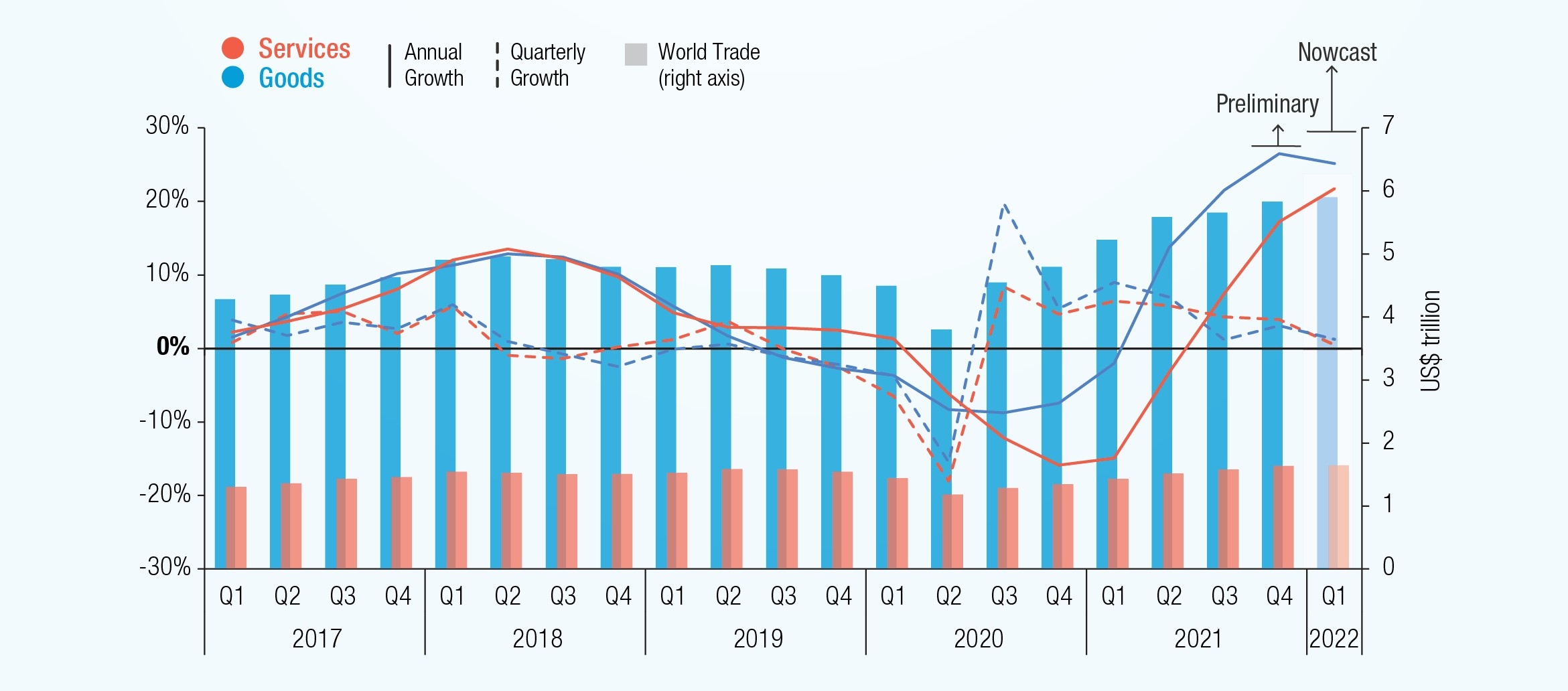 New Developments In Us China Trade Relations Tariff Adjustments
Apr 28, 2025
New Developments In Us China Trade Relations Tariff Adjustments
Apr 28, 2025 -
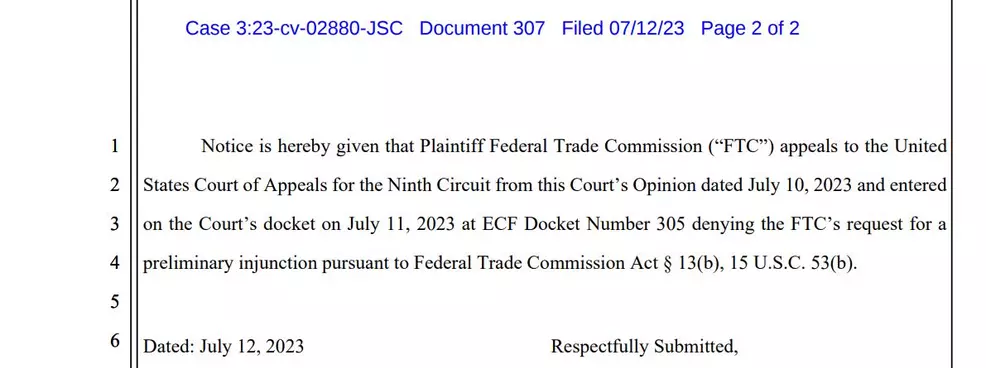 Ftc Appeals Activision Blizzard Acquisition Ruling Whats Next
Apr 28, 2025
Ftc Appeals Activision Blizzard Acquisition Ruling Whats Next
Apr 28, 2025 -
 Turning Poop Into Podcast Gold An Ai Powered Approach To Repetitive Documents
Apr 28, 2025
Turning Poop Into Podcast Gold An Ai Powered Approach To Repetitive Documents
Apr 28, 2025
Latest Posts
-
 Investigation Reveals Lingering Toxic Chemicals In Buildings After Ohio Train Derailment
Apr 28, 2025
Investigation Reveals Lingering Toxic Chemicals In Buildings After Ohio Train Derailment
Apr 28, 2025 -
 Long Term Effects Of Ohio Train Derailment Toxic Chemical Residue In Buildings
Apr 28, 2025
Long Term Effects Of Ohio Train Derailment Toxic Chemical Residue In Buildings
Apr 28, 2025 -
 Ohio Train Derailment Persistent Toxic Chemical Contamination In Buildings
Apr 28, 2025
Ohio Train Derailment Persistent Toxic Chemical Contamination In Buildings
Apr 28, 2025 -
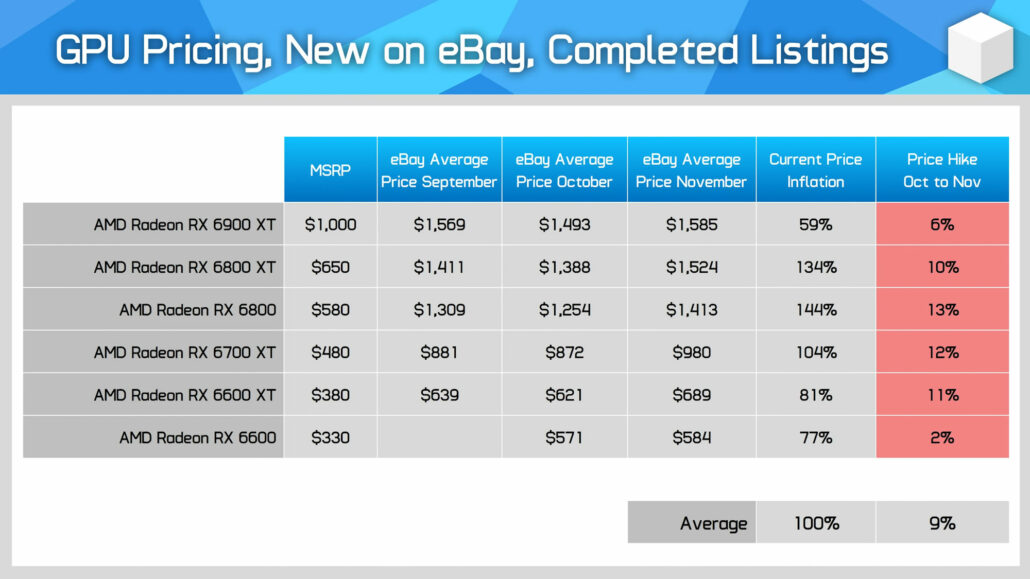 Rising Gpu Prices What To Expect In The Coming Months
Apr 28, 2025
Rising Gpu Prices What To Expect In The Coming Months
Apr 28, 2025 -
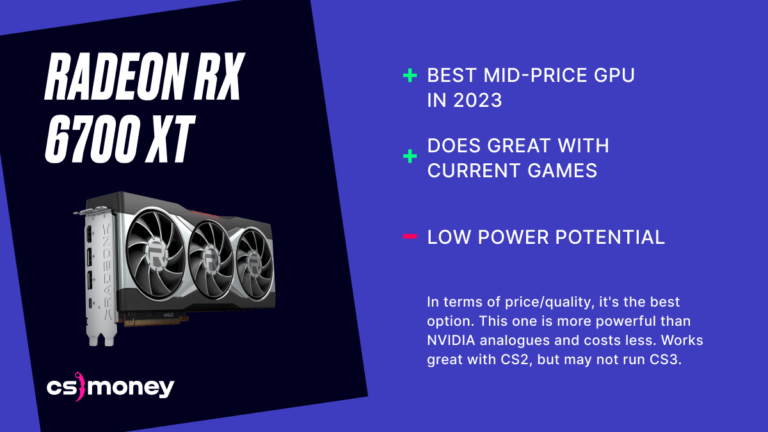 Navigating The High Cost Of Gpus In 2024
Apr 28, 2025
Navigating The High Cost Of Gpus In 2024
Apr 28, 2025
